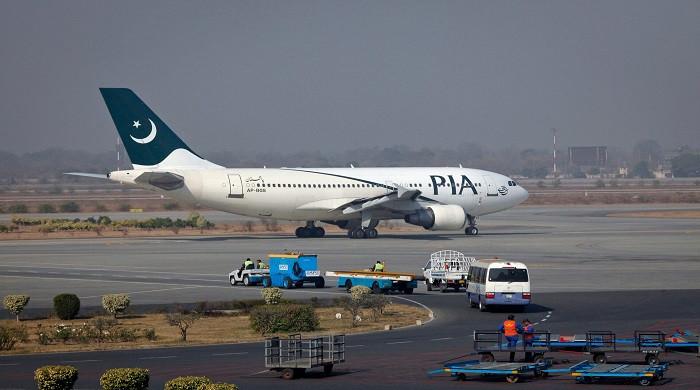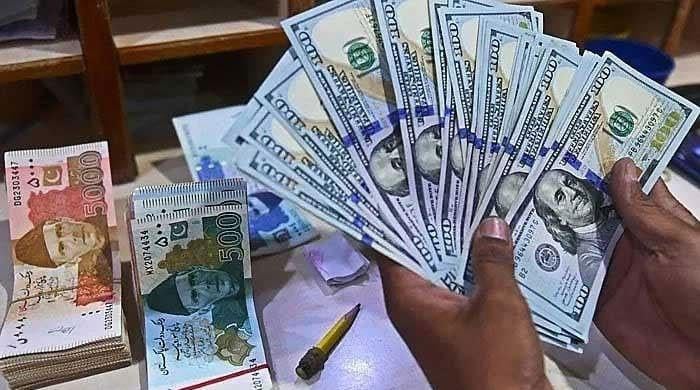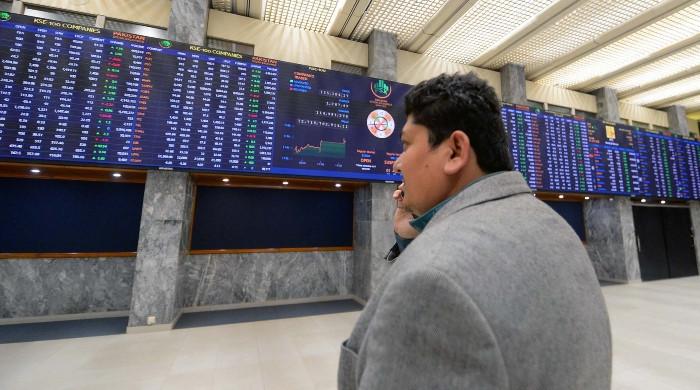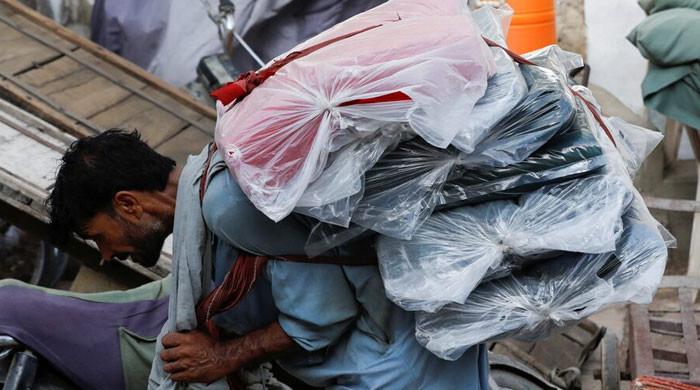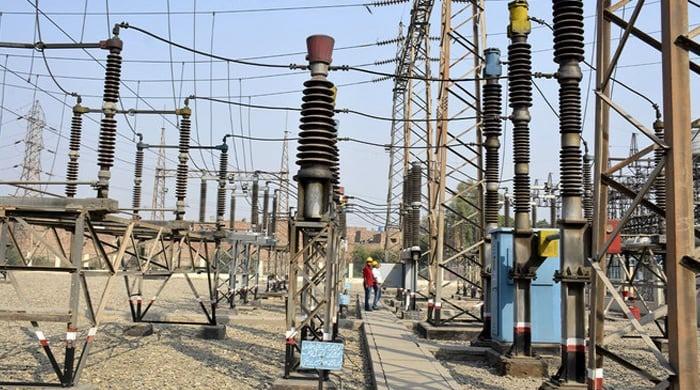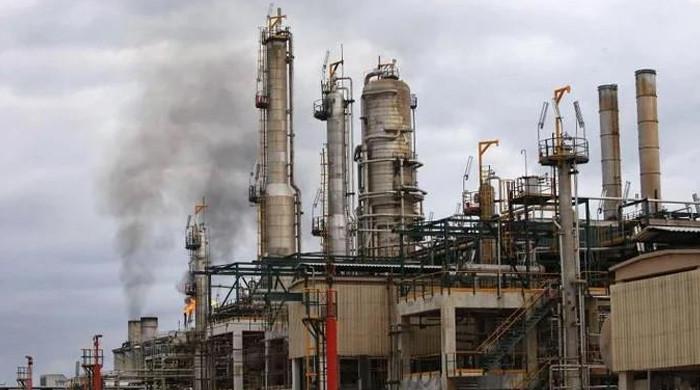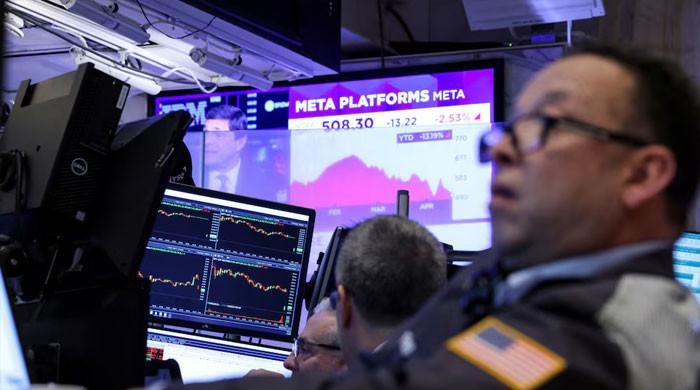IMF bailout package not linked to elections, assures official
Decisions regarding feasibility and timing of provincial and general elections rest solely with Pakistan, says IMF
March 24, 2023
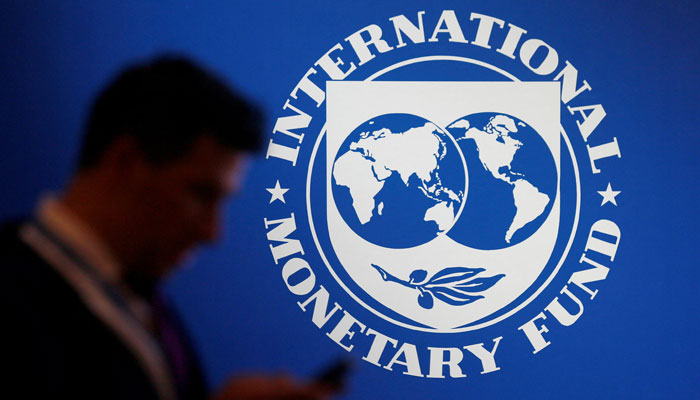
- Official says IMF only sets aggregate general govt targets.
- Says within these there is fiscal space to allocate spending or raise additional revenues for constitutional activities.
- Finance Ministry had informed ECP that govt did not possess funds to undertake provincial elections separately.
ISLAMABAD: The International Monetary Fund (IMF) on Thursday clarified that the ninth tranche under the Extended Fund Facility (EFF) programme between the lender and Pakistan was not linked to elections, reported The News.
“Decisions regarding the constitutionality, feasibility and timing of the provincial and general elections rest solely with Pakistani institutions,” IMF’s Resident Chief in Pakistan Esther Perez Ruiz told The News on Thursday.
The official said that the global lender sets aggregate general government targets and within these, there is fiscal space to allocate or reprioritise spending or raise additional revenues to ensure constitutional activities could take place as required.
The IMF resident chief’s statement came after the Finance Ministry informed the Election Commission of Pakistan (ECP) that the country was facing a severe economic crisis and the government did not possess funds to undertake two provincial assembly elections separately within 90 days as per the Supreme Court’s verdict.
Earlier this week, the ECP had postponed the elections in Punjab saying that the finance secretary had cited a paucity of funds and the ongoing financial crunch as a reason for a lack of funds for the elections.
Pakistan is the only South Asian country that’s yet to secure a bailout from the multilateral lender as Sri Lanka clinched financing this week and Bangladesh pushes on with carrying out IMF-mandated reforms.
Pakistan has taken tough measures including increasing taxes and energy prices, and allowing its currency to weaken to restart a $6.5 billion IMF loan package. The funds will offer some relief to a nation still reeling from a dollar shortage that has raised the probability of the economy slipping into a recession ahead of elections this year.
The government’s recent announcement of a petrol relief package has also not gone well with the global lender. Making it more difficult for the country to secure the staff level agreement.
Earlier this week, State Minister for Petroleum Musadik Malik announced that the federal government in order to cushion the effect of high petrol prices on inflation-hit masses decided to subsidise petrol up to Rs100 for motorcyclists and owners of vehicles up to 800cc.
The minister said under a comprehensive strategy, subsidised petrol will be available to motorcyclists and owners of vehicles up to 800cc.
However, the IMF has said that the Pakistani government did not consult the global lender on its petrol subsidy for low-income groups.
Esther Perez, the IMF’s resident representative for Pakistan, told the publication that the lender was not consulted on the government’s plan to raise fuel prices for wealthier motorists to finance a subsidy for lower-income people.
“Fund staff are seeking greater details on the scheme in terms of its operation, cost, targeting, protections against fraud and abuse, and offsetting measures, and will carefully discuss these elements with the authorities,” said Perez.




